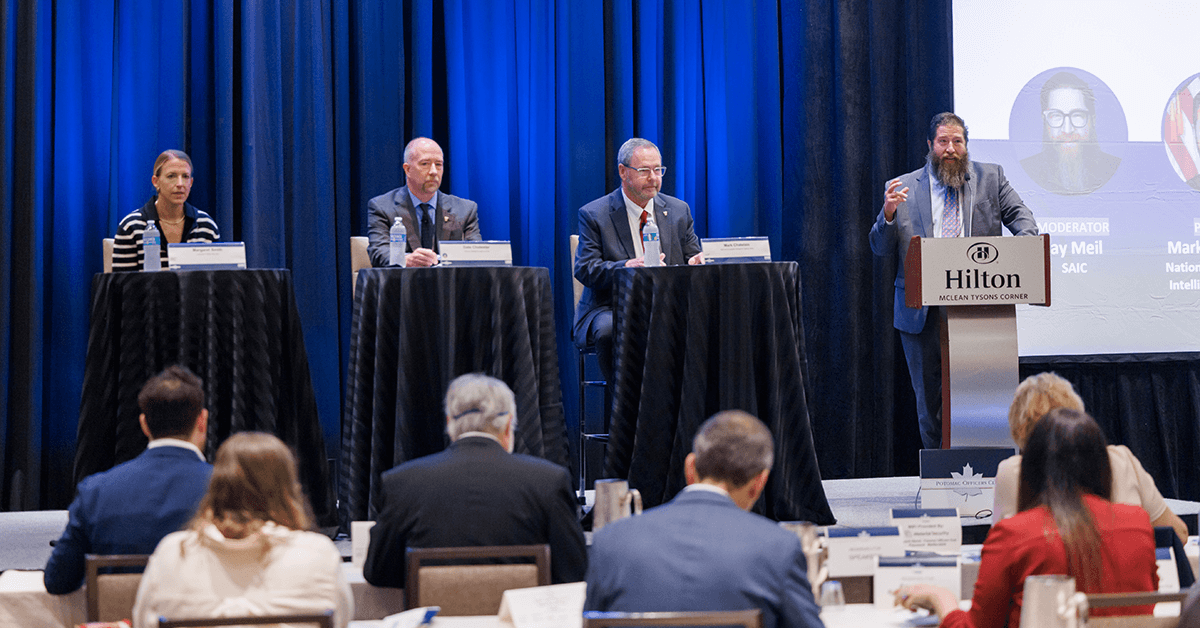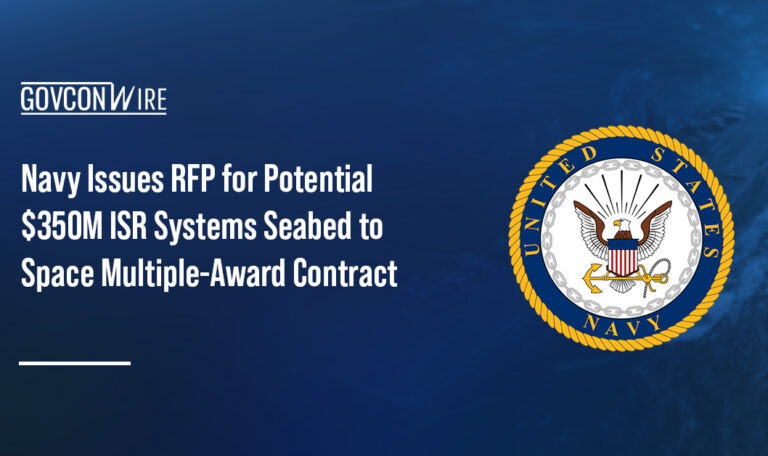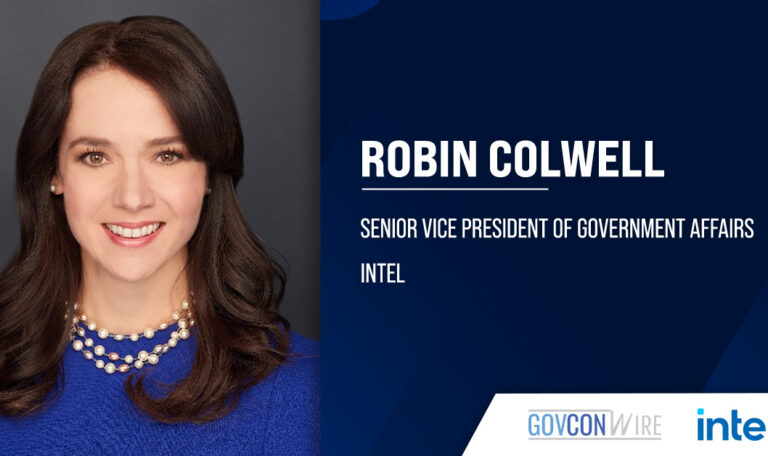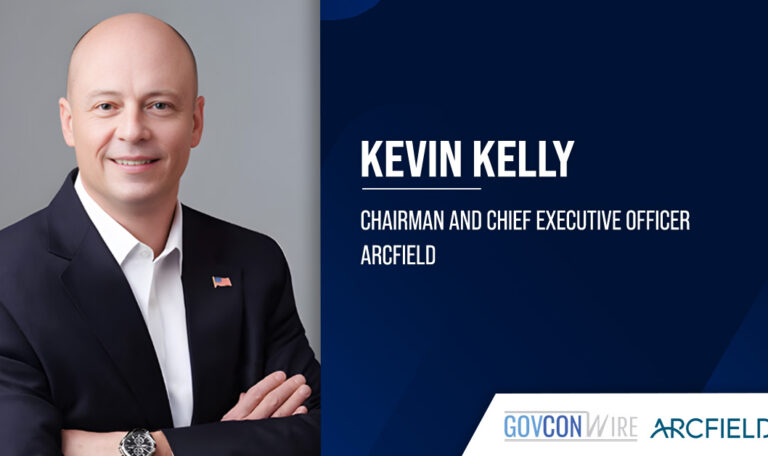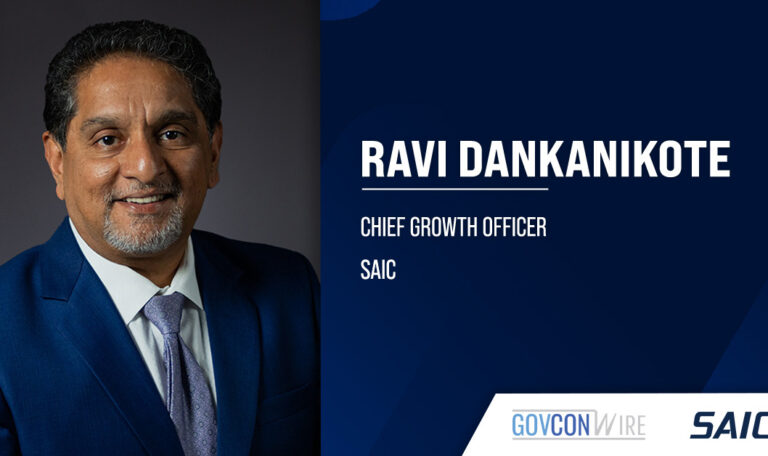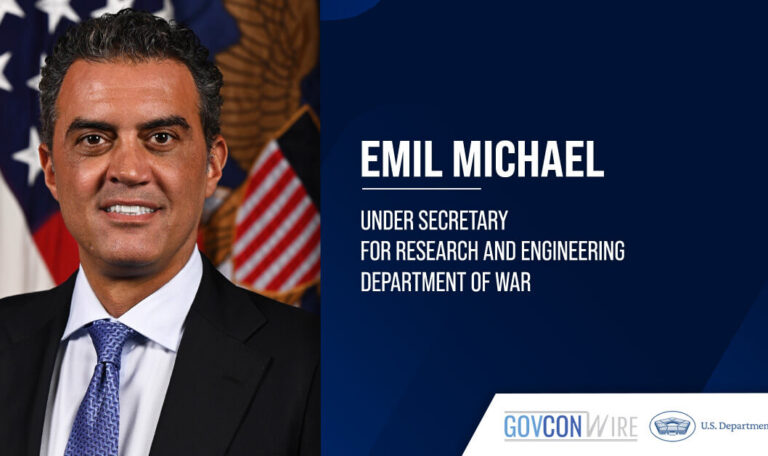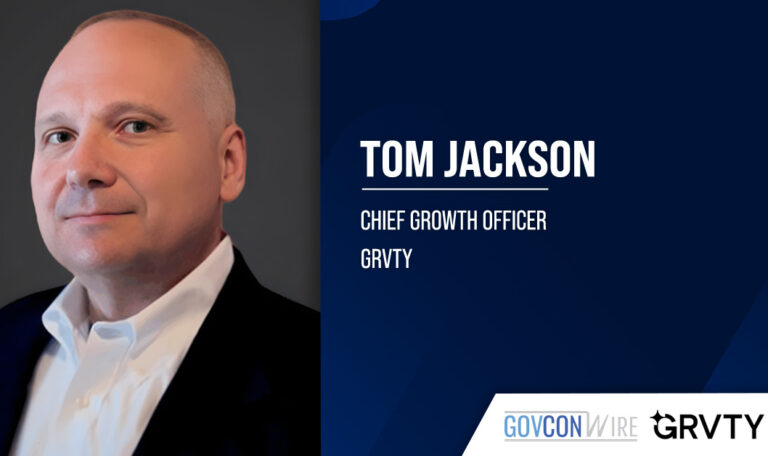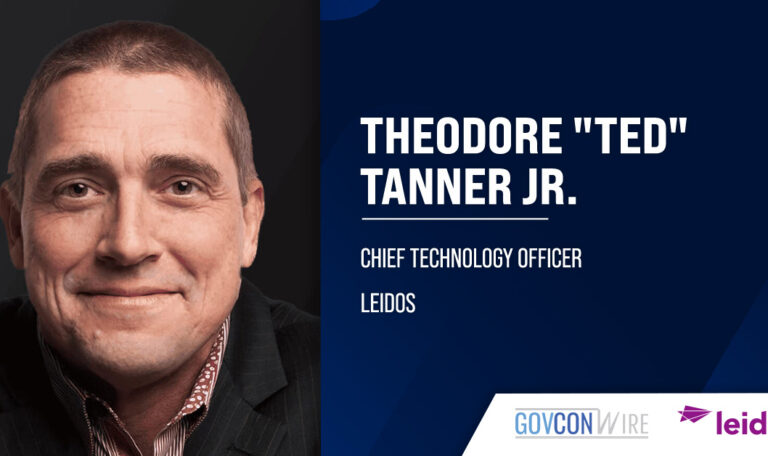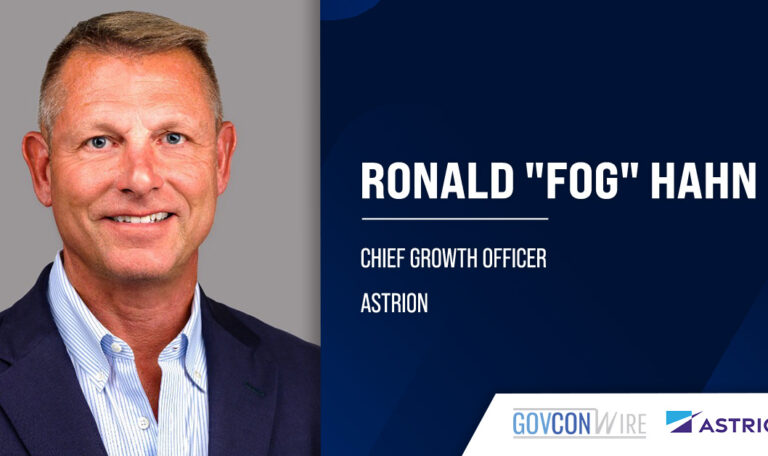The Intelligence Community wants to collaborate with industry partners to advance the adoption of artificial intelligence and machine learning systems.
During a panel dubbed “Accelerating Mission IT for the Intelligence Community” at the Potomac Officers Club’s 2024 Intel Summit, several IC leaders discussed how the community can improve the distribution and awareness of AI capabilities that are particularly needed on a large scale.
Mark Chatelain, chief information officer at the National Geospatial-Intelligence Agency, said AI will soon be ubiquitous throughout everyday life.
According to Chatelain, AI and ML “basically permeate pretty much all aspects of our agency in some form or another, maybe not to full fruition yet, but they will be. It’s crucial that our organization embrace these concepts because with the amount of data that we are collecting, the amount of information that we’re having to process, we can’t do it with our employees.”
Chatelain also highlighted that using AI for predictive analytics is a major opportunity within the IC.
“Some of the things that we’re focused on is predictive analytics, being able to use machine learning to predict things before they happen and kind of be the nostradamus of our organization,” Chatelain emphasized. “Natural language processing [will allow us] to be able to take a look at language and determine where it’s going, what it’s going to do and advise our analysts on decisions that they need to make,” Chatelain said. “We will not replace analysts. Analysts will be involved in making all the decisions, but be able to lean on that artificial intelligence and machine learning.”
CIA’s Deputy Chief Information Officer Dale Chidester described AI as a “mission enabler.”
“What is it? Who’s using it? Where is it being used? How could it be used against us?” Chidester asked. “These are all things that we are thinking about. How do we use it to our advantage? Those are the things that we’re thinking about from an AI and ML perspective.”
Margaret Smith, data and AI growth lead at Accenture Federal Services, then emphasized the need for thorough articulation when it comes to generative AI.
“When we talk about how we articulate AI and what it means, it’s so many things,” Smith explained. “It could be robotic process automation, it could be dashboards, it could be strategic work,” Smith said. “The way we’re talking about it with our clients and partners is we’re giving it the name ‘data and AI,’ not just ‘AI.’ We want to make it clear that there’s a data foundation and a lot of data work to be done to get to that top of the pyramid, the north star AI.”
Chatelain introduced “five hurdles” — ethical bias concerns, privacy and data protection, regulatory uncertainty, accountability and reliability and transparency and explainability — that are currently hindering AI adoption throughout the IC.
To face these hurdles, Smith called for collaboration between government and industry to build a “strong foundation” of AI capabilities for future operations.
“I would love to meet a little bit more in the middle, helping government navigate how to build on that strong foundation,” Smith said.
“We do prefer open source cloud data. It’s cheaper, it’s faster, it’s more sustainable. But there are specific models, frameworks and a lot of very interesting data preparation model testing capabilities out there now,” she added. “It would be great if we could meet in the middle somewhere where we bring in a couple niche things to build on top of that strong foundation.”
The panelists closed the discussion by sharing how the IC can enable “agile contracting methodologies” among partnering entities in the quest to develop AI capabilities.
“We’ve got to be able to have incremental deliveries, breaking a project out into small manageable pieces with even separate contracts to be able to deliver each of these phases to allow flexibility and adjustment based on feedback and changing requirements,” Chatelain said.


